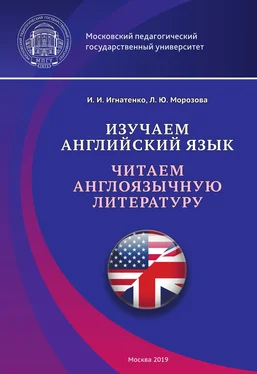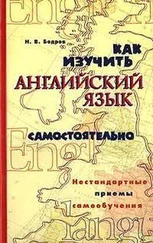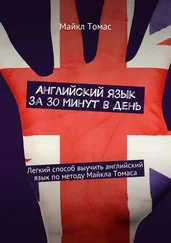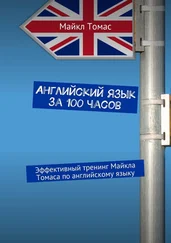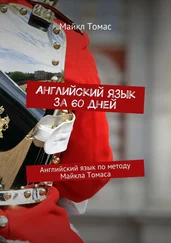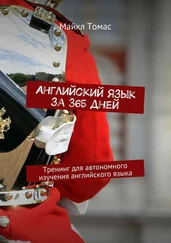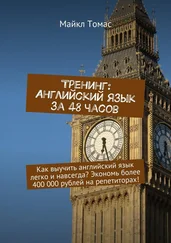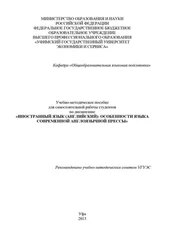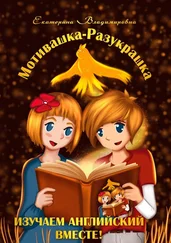Assignment:
• Write the summary of the text.
3. The English language: from the past to nowadays
Two thousand years ago the British Isles were inhabited by speakers of Celtic languages. These languages still survive in parts of Wales, Scotland, Ireland and Brittany in France. The Celts were conquered by the Romans and from 43BC to about AD 410 the areas which are now England and Wales were part of the Roman Empire and Latin was the language of government. Between the fourth and seventh centuries AD the Anglo-Saxons arrived from what is now northern Germany, Holland and Denmark and occupied most of England and parts of southern Scotland. In some parts of Wales, Scotland and Ireland people still speak Celtic languages. The Anglo-Saxons spoke a Germanic language which forms the basis of modern English. This language was modified by the arrival of Viking invaders in the north and east of the country who came from Norway and Denmark between the eighth and eleventh centuries. These Scandinavian settlers spoke Old Norse, which was related to Anglo-Saxon, and which is the parent language of modern Danish. The mixing of the two languages greatly enriched the vocabulary of English. By the middle of the tenth century England had become a unified country under one king.
In 1066 England was conquered by the French-speaking Normans, and French became the language of government. For the next three hundred years three languages co-existed. The aristocracy spoke French; the ordinary people spoke English, while Latin was used in the church. Modern English evolved from the mingling of the three tongues. Today English vocabulary is approximately half Germanic (from the Saxons and Vikings) and half Romance (from French and Latin). There are however considerable borrowings from other languages.
Some derived words :
Old English shirt, life, death, heaven, earth, love, hate
Old Norse skirt, birth, window, ugly, wrong, they, their, them
French boil, roast, veal, beef, pork, village, painter, tailor
Latin index, item, major, memorandum
Features of the English language . English has changed so much in the last 1500 years that it would now be hardly recognizable to the Anglo-Saxons who brought the language across the North Sea. Although they would be able to recognize many individual words, they would not recognize the way those words are put together to make sentences. Old English, like modern German, was a highly inflected language, i.e. most words changed their endings or forms to show their relationship to other words in the sentence according to number (singular, plural), gender (masculine, feminine, neuter), case (subject, object), tense (past, future) etc. Some modern English words still inflect, but much less so than in other European languages. The English verb ‘to ride’ inflects into five forms (ride, rides, riding, rode, ridden) whereas the equivalent German verb has sixteen forms. The English word ‘the’ has only one form, whereas other European languages would have several different forms. The trend towards simplicity of form is considered to be a strength of English. Another strength is the flexibility of function of individual words. Look at the use of the word ‘round’:
There was a round table. (adjective)
He bought a round of drinks. (noun)
He turned round. (adverb)
He ran round the field. (preposition)
The car tried to round the bend too quickly. (verb)
This flexibility, together with a flexibility towards the assimilation of words borrowed from other languages and the spontaneous creation of new words have made English what it is today, an effective medium of international communication. English has achieved this in spite of the difficulties caused by written English, which is not systematically phonetic.
Some loan words:
Arabic admiral, algebra, mattress
Spanish mosquito, cigar, canyon
Italian piano, violin, spaghetti
Dutch yacht, boss, deck
Hindi pyjamas, shampoo, bungalow
Turkish yoghurt, kiosk
Japanese tycoon, karate
Malay bamboo, compound
Aztec tomato, chocolate
Hungarian coach, paprika
Classical Greek theatre, astronomy, logic
Gaelic whisky
Russian vodka, sputnik
Finnish sauna
Chinese tea, silk
Portuguese marmalade
Eskimo anorak
Czech robot
Farsi lilac
Australian Aborigine kangaroo, boomerang
Modern French rendezvous, café
Modern German kindergarten
Some ‘created’ words :
xerox, to xerox, xeroxed
mackintosh, sandwich, submarine, helicopter, pop, rock’ n roll, x-ray, astronaut, hot dog.
Assignment:
• Give a talk on the history of the English language.
• Discuss with your partner the composition of Modern English vocabulary.
• Speak about the distinguishing features of English.
• Think of more examples of borrowings from different languages.
Millions of people speak English as their first language. About the same number use it as a second language. It is the language of aviation, international sport and pop music. 75% of the world’s mail is in English, 60% of the world’s radio stations broadcast in English and more than half of the world’s periodicals are printed in English. It is the official language in 44 countries. In many others it is the language of business, commerce and technology. There are many varieties of English, but Scottish, Texan, Australian, Indian and Jamaican speakers of English, in spite of the difference in pronunciation, structure and vocabulary, would recognize that they are all speaking the same basic language.
English is regarded as the global language – but will this still be true for the rest of the 21st century? The world in which it is used is going through such huge changes that there is a possibility it will lose its place as the world’s most important language. For example, in the 20th century, western countries helped the spread of English. They were the strongest economies. Now Asian economies are growing in strength and want to promote their own cultures and languages.
Another threat to the English language’s position is old age. Rich countries are getting older – or rather their populations are made up of more old people than young people. In the future young people with money to spend will be found in Asia and Latin America, and they may want to express their desires in their own languages.
There are many possibilities for the future. We can imagine a world where English is simply an alternative language to Chinese or Spanish. These are languages that already have more native speakers (Chinese) or very wide use across the world (Spanish). Geographically, though, English still remains the most widespread language on Earth, second only to Chinese in the number of people who speak it.
Assignments:
• Explain the popularity of the English language today.
• Do you think that English will retain its position as the global language in future? Why/ Why not?
• Write an essay on the history and importance of your native language.
Конец ознакомительного фрагмента.
Текст предоставлен ООО «ЛитРес».
Прочитайте эту книгу целиком, на ЛитРес.
Безопасно оплатить книгу можно банковской картой Visa, MasterCard, Maestro, со счета мобильного телефона, с платежного терминала, в салоне МТС или Связной, через PayPal, WebMoney, Яндекс.Деньги, QIWI Кошелек, бонусными картами или другим удобным Вам способом.
